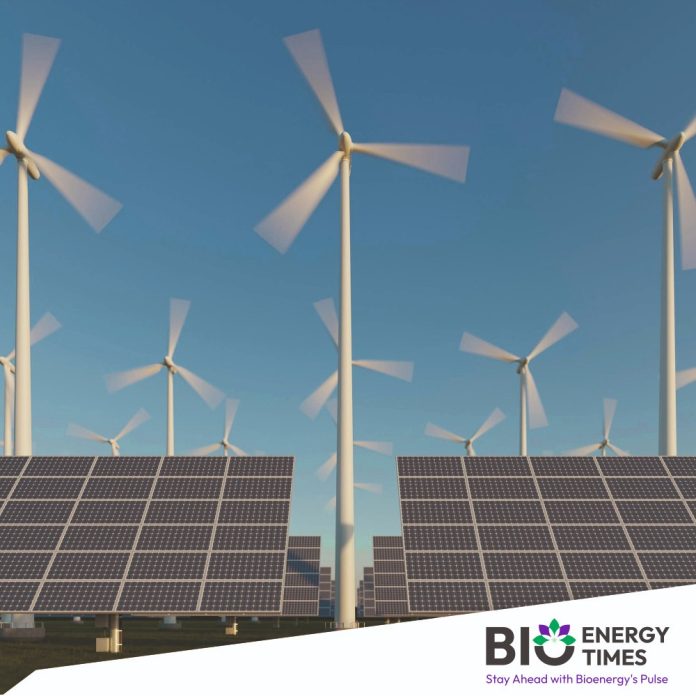India’s renewable energy (RE) share in total power generation, including large hydropower, is expected to surpass 35 per cent by FY2030, rising from 22.1 per cent in FY2025, according to a report released Thursday by rating agency ICRA. The projected growth will be driven by an estimated addition of 200 GW of new capacity over the period.
However, ICRA noted that this outlook depends heavily on timely project implementation, adequate transmission infrastructure, and the speed at which central nodal agencies sign power purchase agreements (PPAs).
The agency has retained a stable outlook for the renewable energy sector, citing strong policy support, competitive tariffs, and increasing sustainability commitments from major commercial and industrial consumers. At the same time, it pointed to ongoing challenges, including land acquisition hurdles, transmission constraints, delays in PPA signings, and exposure to equipment price fluctuations and financially stressed discoms.
The report also highlighted that after substantial RE capacity awards of 47.3 GW in FY2024 and 40.6 GW in FY2025, bidding activity has dropped sharply in the current fiscal year, with only 5.8 GW awarded in the first eight months of FY2026. Additionally, unsigned PPA capacity remains significant at around 40–45 GW, based on industry estimates.
To address the intermittency of renewable power, Battery Energy Storage Systems (BESS) are gaining importance. ICRA noted that the government has introduced viability gap funding for BESS projects and extended transmission charge waivers for storage systems until 2028. Central nodal agencies and state discoms have awarded over 20 GWh of standalone BESS projects between April 2024 and October 2025.
It added that round-the-clock (RTC), firm and dispatchable renewable energy (FDRE), and solar-plus-storage projects accounted for nearly 90 per cent of RE capacity awarded during the first eight months of FY2026.
ICRA also pointed to a significant drop in battery prices over the past decade, which has helped lower the cost of energy storage and boosted global BESS adoption. The agency estimates the levelised cost of storage for BESS with 2–4 hours of storage at Rs 4.0–7.0 per unit, compared to about Rs 5.0 per unit for pumped storage hydropower (PSP). This marks notable progress from 2022, when BESS costs stood at over Rs 8.0–9.0 per unit. While 4-hour BESS systems remain costlier than PSP, ICRA said BESS projects involve lower execution risks and shorter development timelines.















